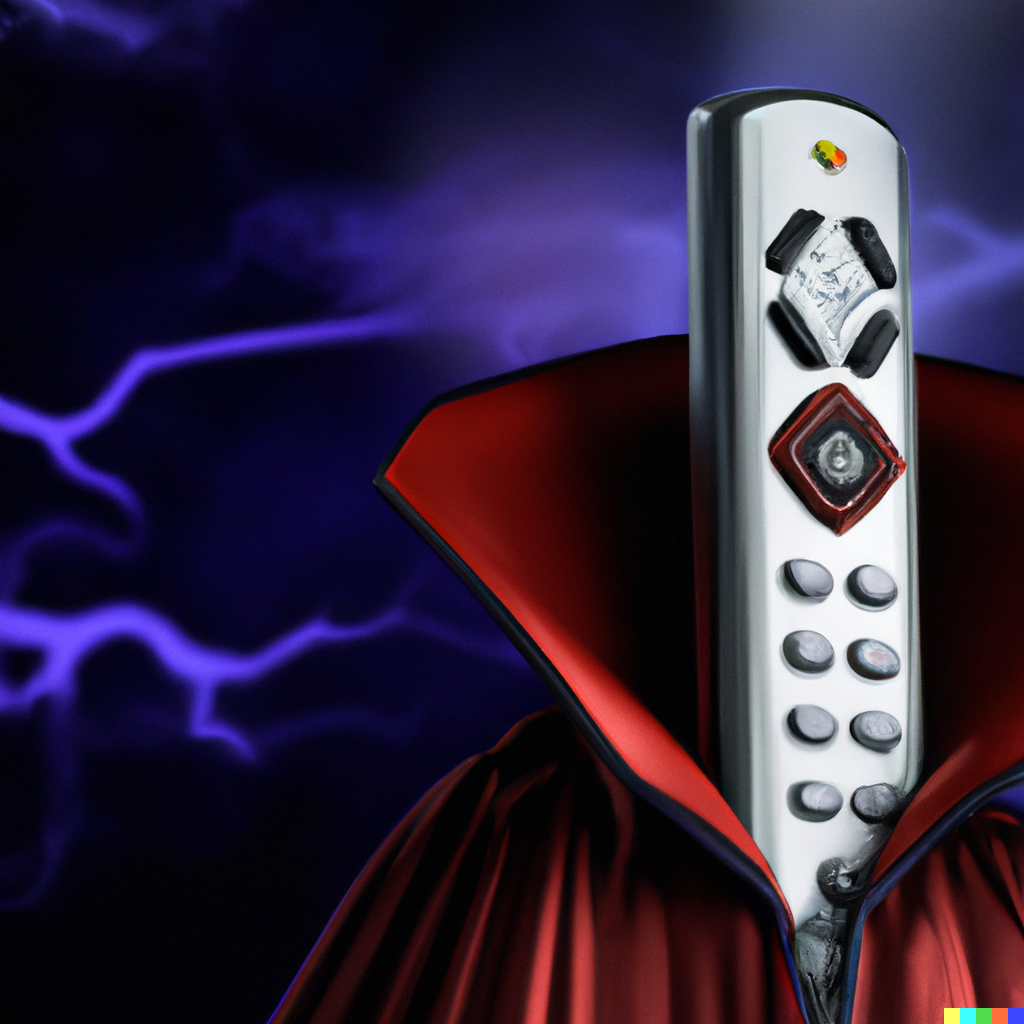The Future of Home Security Technology
Safeguarding Homes in the Digital Age
As technology continues to evolve at an unprecedented pace, it inevitably transforms various aspects of our lives, including home security. In this article, we will delve into the future of home security technology and explore the innovative solutions that will revolutionize the way we protect our homes.
Smart Home Integration:
The future of home security lies in seamless integration with smart home technology. Imagine a home security system that not only detects intrusions but also communicates with other devices, such as door locks, lights, and cameras. With intelligent automation, homeowners will have the ability to remotely control and monitor their security systems using smartphones or voice assistants to an even greater level than currently available. This level of connectivity and control will create a holistic and convenient security experience, allowing individuals to respond swiftly to potential threats.
Artificial Intelligence and Machine Learning:
Artificial intelligence (AI) and machine learning (ML) will play a pivotal role in the future of home security technology. These technologies enable security systems to learn and adapt to the unique patterns and behaviors of homeowners, distinguishing between normal activities and potential threats. AI-powered facial recognition can identify authorized individuals and send alerts for unrecognized visitors, enhancing access control. ML algorithms can analyze vast amounts of data to detect anomalies and predict potential risks, providing homeowners with proactive security measures.
Advanced Video Surveillance:
Video surveillance will undergo significant advancements in the future. High-resolution cameras with improved image quality and wider coverage will become more affordable and accessible. Integration with AI will enable these cameras to identify objects, track movements, and detect suspicious activities in real-time. Additionally, the use of thermal imaging and night vision technologies will enhance surveillance capabilities in low-light conditions. Cloud-based storage will provide homeowners with secure and easily accessible video archives.
Biometric Authentication:
Traditional forms of authentication, such as keys and PIN codes, are being replaced by biometric technologies. The future of home security will incorporate biometric authentication methods, including fingerprint scanning, voice recognition, and even facial or iris recognition. These methods provide a higher level of security, as they are difficult to replicate or forge. Biometric authentication will not only secure entry points but also enable personalized user experiences within the home, such as customized lighting, temperature settings, and entertainment preferences.
Cybersecurity and Data Protection:
As home security systems become more connected, robust cybersecurity measures will be paramount. The future of home security technology will prioritize data encryption, secure communication protocols, and regular software updates to safeguard against cyber threats. Homeowners will have greater control over their data privacy, with transparent consent mechanisms and clear information sharing policies. Collaboration between security technology providers and cybersecurity experts will ensure the development of resilient and secure systems that protect against unauthorized access and hacking attempts.
Conclusion:
The future of home security technology holds great promise for homeowners seeking enhanced protection and peace of mind. With the integration of smart home technology, AI and ML advancements, advanced video surveillance, biometric authentication, and robust cybersecurity measures, we can anticipate a new era of intelligent and secure homes. Embracing these innovations will empower individuals to create a safe haven for themselves and their loved ones in the digital age.















